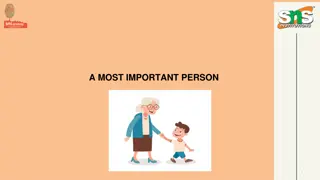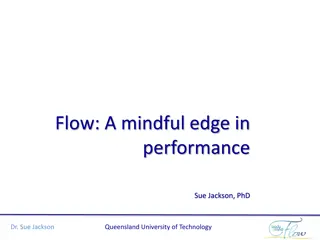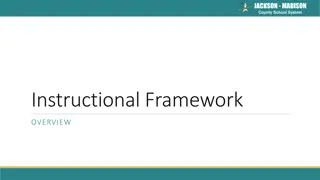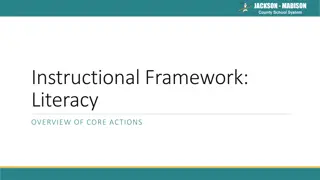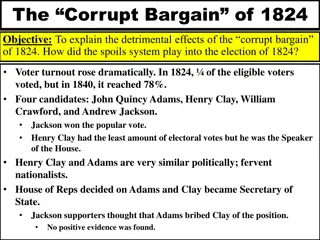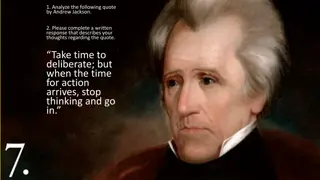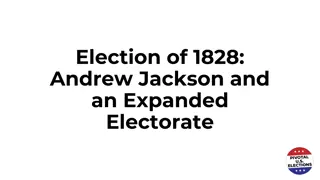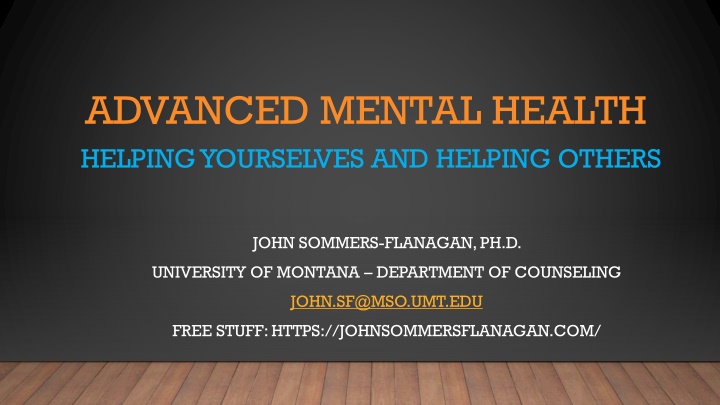
Advanced Mental Health Strategies to Improve Well-Being
Explore practical techniques for enhancing mental health, including stress management, self-awareness, and positive psychology. Learn how to identify triggers and develop coping strategies for a healthier mindset and lifestyle.
Download Presentation

Please find below an Image/Link to download the presentation.
The content on the website is provided AS IS for your information and personal use only. It may not be sold, licensed, or shared on other websites without obtaining consent from the author. If you encounter any issues during the download, it is possible that the publisher has removed the file from their server.
You are allowed to download the files provided on this website for personal or commercial use, subject to the condition that they are used lawfully. All files are the property of their respective owners.
The content on the website is provided AS IS for your information and personal use only. It may not be sold, licensed, or shared on other websites without obtaining consent from the author.
E N D
Presentation Transcript
ADVANCED MENTAL HEALTH HELPING YOURSELVES AND HELPING OTHERS JOHN SOMMERS-FLANAGAN, PH.D. UNIVERSITY OF MONTANA DEPARTMENT OF COUNSELING JOHN.SF@MSO.UMT.EDU FREE STUFF: HTTPS://JOHNSOMMERSFLANAGAN.COM/
INTRODUCTIONS Thanks to Hattie Redmond and the Jackson Construction team Learning makes life better . . . Blogging at johnsommersflanagan.com
GROUND RULES Be open to learning Communicate respectfully Trigger warnings . . . Mental health This talk is experiential . . . Just ignore me as needed . . . And participate as much as you can Have as much fun as we can as we learn together
THE PLAN We look briefly at stress and other factors that can disturb our mental health We reflect on how self-awareness, managing emotions, positive psychology, and mindfulness can contribute to mental health and well-being. We end with several conclusions on how to improve our mental health
LETS DO AN EXPERIMENT The Experiment: You have one minute to prepare a talk about ______. I will select someone to do a one minute speech
DISCUSSING THE STRESS RESPONSE Where did you feel stress in your body? What thoughts went through your mind? What emotions did you feel? What action-impulses did you have?
DEBRIEFING Your responses to this stress experiment represent at least 3 things: A repeating physical, emotional, thinking, and acting pattern Automatic defenses to protect yourself from bad outcomes Coping responses and strategies
CONCLUSION #1 Know thyself Develop your self-awareness so you know patterns of your usual triggers (stressors) and your usual responses If you re aware of your triggers you have a chance to develop a thoughtful strategy for responding in ways that are consistent with who you want to be
LETS TALK ABOUT EMOTIONS 4 Common Problematic Emotions 1. Anger/frustration 2. Sadness/disappointment 3. Fear/anxiety 4. Guilt/shame
DEALING WITH EMOTIONS How we handle these problematic emotions is linked to our mental health The three-step emotional change trick
THREE-STEP EMOTIONAL CHANGE TRICK Step One Identify and Honor the Feeling Emotions are rational . . . They come for a reason How can we honor them?
THREE-STEP EMOTIONAL CHANGE TRICK - 2 Step Two Think a new thought or do something different: memories, pets, smiles, meaning
THREE-STEP EMOTIONAL CHANGE TRICK Step Three Spread the good mood, without saying cheer up
THREE-STEP EMOTIONAL CHANGE TRICK Step Four Surprise Teach someone the three steps [because emotions are complex]
CONCLUSION #2 Recognize that emotions are challenging Make a plan to respect your emotional self . . . And develop skills for moving past negative emotional states as needed
LETS TALK ABOUT AND EXPERIENCE POSITIVE PSYCHOLOGY Aristotle s Eudaimonic Happiness Growing and living your unique talents and gifts Living with meaning Caring for others and the community
THE FIVE-SECOND LECTURE Christopher Peterson Other people matter And we are all other people to everyone else
EXPERIMENTING WITH GRATITUDE Do you want to increase optimism, improve life satisfaction, be healthier, and exercise more? Weave intentional gratitude into your life
GRATITUDE PART 2 But the mind is built to count up hassles rather than blessings My two years of rejections There had been many But there had also been much more This was like counting cloudy days the outcome is easy to predict
GRATITUDE PRACTICE Take a moment to think of one thing you re thankful for. Examples include a person, an event, something you re good at, goals you have achieved, where you live, or opportunities. Choose one thing you re grateful for and write it down or pop it into the front of your brain.
GRATITUDE PRACTICE II Once you have your gratitude focus, ask yourself, Why am I grateful for this? Write this reason down or pop it into the front of your brain. Examples?
GRATITUDE HOMEWORK Who do you want to express gratitude toward? Write a postcard or letter or email or text or IM of gratitude to a person you value Even better: Tell the person directly Results?? Not about the response.
INTENTIONAL ACTS OF KINDNESS Random is cool; intentional is even better Watch for moments when your intentionality (to be a person who acts with kindness) meets opportunity. Even acts toward strangers that seem or feel spontaneous, will be acts that reflect your deeper values and character.
CONCLUSION #3 Embrace the positive psychology idea that other people matter Experiment with regular or occasional gratitude . . . And add intentional acts of kindness
LETS EXPLORE MINDFULNESS Your thoughts profoundly influence your mental health And . . . They are hard to control
MINDFULNESS . . . Attention control (aka mindfulness) ALWAYS FAILS; this failure and our feelings about it can take away from our mental health But Harvard study (n = 2,000+) paying attention to what you re doing increases happiness ratings (JKZ) Just pay attention to what you re doing
MINDFULNESS KNOWLEDGE AND TRICKS The mind is a yapping dog Give it a bone Mantra Balance how much you care about being mindful with NOT CARING AT ALL about being mindful Extend your outbreath (or use a soothing object) to engage the parasympathetic nervous system (and be less mentally jumpy) Practice. But remember, practice DOES NOT make perfect
WHAT TO REMEMBER. . . Mindfulness is about accepting failure, not about ACHIEVEMENT Work to be more mindful; and have compassion for yourself for not being mindful Mindfulness is about EXPERIENCING and ACCEPTING of the process of taking time to not try too hard to achieve mindfulness Some of you will HATE the idea of mindfulness [ACCEPT that too]
CONCLUSION #4 Being more mindful improves mental health Being more mindful is VERY difficult Strive to be more mindful AND be accepting and compassionate when you aren t able to be more mindful
STUNNING CONCLUSIONS Positive mental health is complex and requires self-awareness, knowledge, and planning Experiment with gratitude, intentional acts of kindness, and mindfulness Find ways to support each other
QUESTIONS??? What felt important to you? What do you want to remember and try out? Handout through Hattie or at my blog: johnsommersflanagan.com




